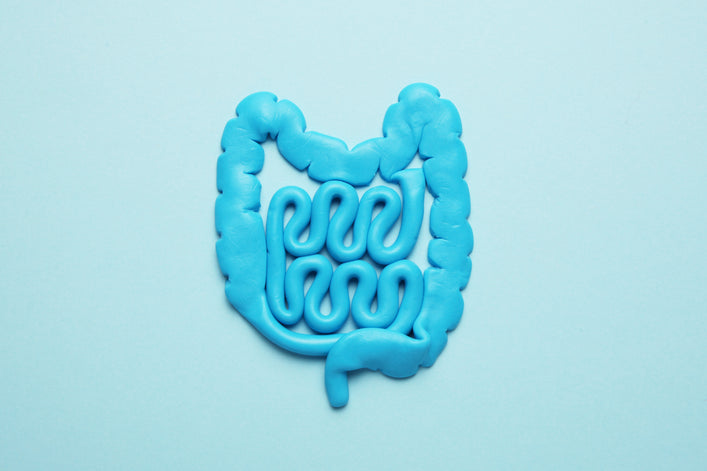Your gut health is paramount to a healthy body.
Gaining popularity as the "second brain" - the gut communicates with the brain in our head. Together, these "two brains" help in the prevention and treatment of certain diseases and monitor our overall health.
Your gut includes 70% of your immune system and contains about 4 pounds of bacteria. These bacterias play an important role in many other bodily functions such as digestion, cardiovascular activities, mental processes, thyroid, and more.
Hypertension, obesity, GI, and thyroid issues can be caused by imbalances in the Gut microbiome. People suffering from hypertension and blood pressure are often given diuretic medications. A recent study conducted by ScienceDaily states that diuretics play an important part in balancing the gut biome.
What Are Diuretics?
Diuretics are majorly used to control the condition of hypertension or blood pressure.
Diuretics help in-
- Elimination of sodium and water from the body
- Regulating kidney functions to excrete sodium from the urine
- Reducing the amount of fluid moving through veins
The scientific community believes that diuretics can strengthen gut health and add diversity to gut flora. If consumed properly, diuretics increase health-benefiting bacteria in your stomach.
Here’s how diuretics affect your gut:
-
Reduce Gastrointestinal (GI) Problems
Increased levels of health-promoting bacteria have been linked to diuretic pills. This type of bacteria may break down the dietary fiber in plant foods and convert it to butyric acid, which has health benefits such as inflammation reduction and epigenome modulation. That is the component of our DNA that is always changing. -
Reduced Bloating
Bloating is one of the more common gut problems. One out of every ten Americans suffers from bloating on a regular basis, even after consuming a light meal. When the gastrointestinal canal fills with air or gas, bloating occurs. Something as basic as the food you eat can cause this as some foods are more gas-producing than others. Diuretics help your kidneys to release sodium into your urine, which helps your body get rid of salt and water. This helps cure bloating caused by a salty or a heavy meal. - A Gut Cleanser<br> Diuretics act as a gut cleanser as they flush out toxins from your gastrointestinal tract. They accelerate the flow of urine, causing excess water, salts, metabolic products, and other toxins to be removed.
-
Balances Gut Flora
Diuretics clubbed with a proper diet helps strengthen and improve the quality of your gut. Research shows that medicines that control blood pressure and hypertension aid in diversifying gut microbiome composition and regulate the function of gut flora. -
Reduces Weight
Contrary to the common belief, diuretics do not help to reduce body fat,” but they do reduce the extra “water weight” from your body, thus reducing overall body weight. People with a condition of recurring bloating may experience weight loss after consuming diuretics. Once the extra fluid is flushed out, your weight may return to normal.
Some of the most effective and natural diuretics include:
- Coffee
- Parsley
- Hibiscus
- Ginger
- Green and black tea
- Dandelion extract
- Oregano
Strengthen Your Gut with Digbi
Diuretics need the support of a healthy diet in order to benefit the gut. Digbi provides a gut microbiome and genetic-based digital care that helps overcome digestive problems like GERD, IBD, and IBS.
Digbi Health is the first and only holistic virtual care provider for polychronic patients with unaddressed gastrointestinal, mental, and cardiometabolic disorders. Multiple apps, digital programs, coaches, and contradicting food and care standards are no longer necessary or burdensome with Digbi Health.
Choose Digbi's at-home Genetic + Gut Microbiome testing to learn more about their gut health. Once the results are in, a personal coach will explain the individual’s unique gut report and assist in making dietary changes, with the goal of using food as medicine to improve GI health.










Mar 21, 2023 at 07:57AM